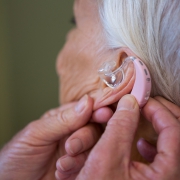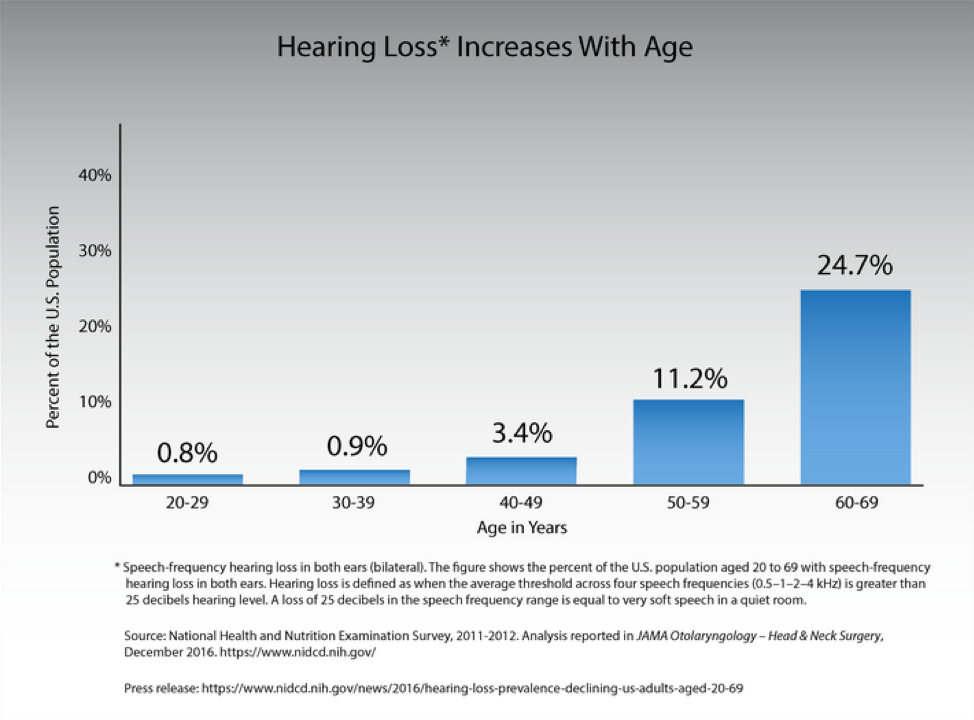Staying Mentally Sharp While Aging
Age comes with wisdom. Unfortunately, it also comes with some forgetfulness. Fortunately, there are things you can do to keep the brain sharp, small daily habits which can reduce the risk of cognitive decline.
Exercise is one such daily habit. It increases blood flow, and thus oxygen to the brain; it also protects brain cells against destructive chemicals in the environment. Exercise also supports the production of new brain cells. Furthermore, research in the 2000s showed a relationship between cardiovascular risk factors and Alzheimer’s. Anything which can impair blood flow can cause strokes leading to cognitive decline, otherwise known as vascular dementia. The same activities that one would consider as beneficial to the heart, such as regular exercise, can therefore also be effective in protecting the brain. And, of course, there are other benefits to exercising regularly: it helps with energy levels, decreases anxiety and depression, and can help with sleep.
Sleep is another factor in maintaining a healthy mind. But as many as half of adults 60 and older are affected by insomnia, which can result in memory loss, depression, and other symptoms. It’s important, then, to pay attention to sleep hygiene and sleep schedules to ensure sufficient duration and quality. If it takes more than 45 minutes to fall asleep, or you have trouble staying asleep, it may be worth looking into treatment.
Eating well is another way to protect the mind. It’s important to ensure you’re getting enough vitamins A, B, C, D, E, folic acid and niacin. The USDA and the HHS describe two eating plans: the USDA food patterns or the DASH Eating Plan. Foods like nuts, fish, and wine have also been linked to a healthy brain.
Art, music, reading, writing, learning, and puzzles… these are also good for keeping the brain sharp. Art has been used as an Alzheimer’s treatment and to restore memory, and arts maintain and improve dexterity and fine motor skills! Adult coloring books have become popular in recent years and can be found in many stores and online; watercolors and pastels are also relaxing. Meanwhile, music has been linked to improved memory and cognition, and can both elevate your mood and lower blood pressure. Learning and intellectual challenges like puzzles exercise the brain and improve its capacity. Mental exercise is thought to maintain and stimulate brain cells. This includes the pursuit of a hobby, learning new skills, using brain training apps, or taking on other new kinds of projects at work.
Read more at:
If you have any questions or are looking to start your individual plan, we’d be happy to help. You can reach Goff & Goff Attorneys at our Ruston, Louisiana office by clicking here to send us a message or by dialing us at (318) 255-1760.





